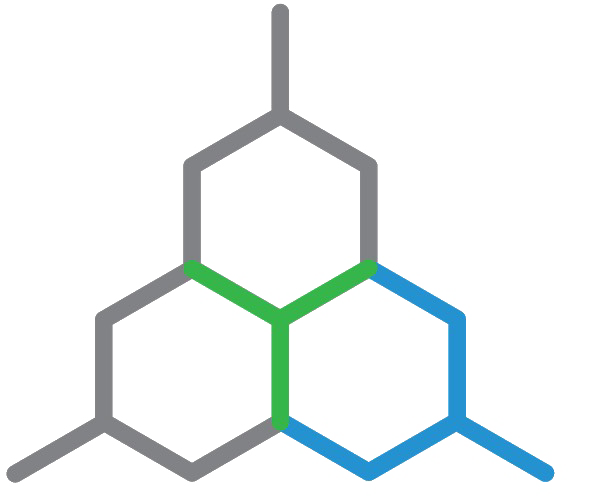The use of artificial intelligence, voice recognition, and other modern solutions in healthcare organizations is fast becoming a reality. Hospital systems such as Thomas Jefferson University Hospital are quickly embracing these new technologies to increase patient satisfaction and experience. However, impressive patient-centered innovations require a solid technical infrastructure on the back-end to sustain long-term growth and stability. One type of data architecture, commonly known as data lakes, is a clear solution to this problem.
Modern healthcare organizations are able to pull data from Internet of Things sensors, social media feeds, website activity, in addition to electronic health records and other patient data. While data warehouses have traditionally been used to store current and historical data in an organized manner, they are unable to capture the vast amounts of raw data generated by modern technologies. This is where data lakes step in. Unlike the structured manner of a data warehouse, data lakes act as a central repository of unstructured, semistructured, and structured data to pull in vast amounts of information in real time. Everything from surgical systems to general ledgers and payroll can be pulled into a data lake, making them prime for experimentation. Organizations can load a variety of data types from multiple sources and quickly engage in ad hoc analysis, according to Kelle O'Neal, founder and CEO of management consulting firm First San Francisco Partners.
As more and more healthcare organizations look to data lakes as a viable solution for their data storage needs, it is important to understand the benefits of the architecture. Arizona’s Phoenix Children’s Hospital has pulled a variety of data from 40 healthcare systems into its data lake. Not only has this created a culture shift towards a data-driven approach to problem-solving, but it has also generated a number of practical solutions, such as algorithms for more accurate dosing. New York’s Montefiore Health System uses its “multi-sourced, tagged data to support artificial intelligence and deep learning.” As the transition towards value-based care continues, it can be incredibly beneficial for healthcare organizations to understand and implement data lakes in order to leverage data in support of clinical and operational decisions.

